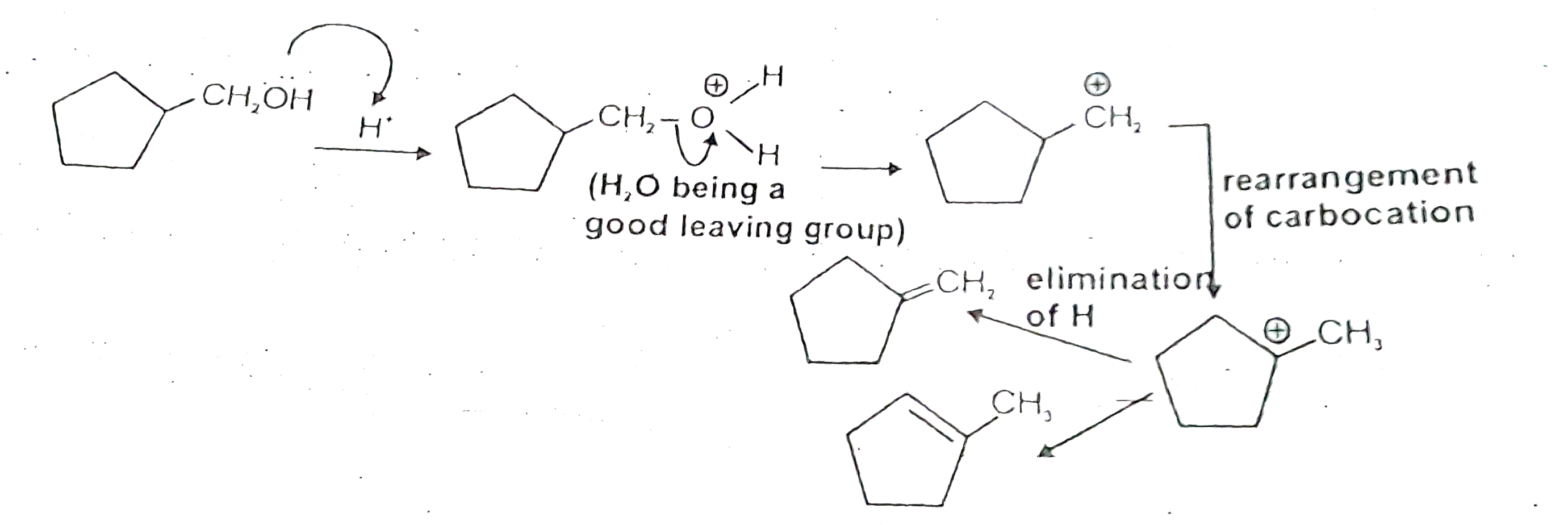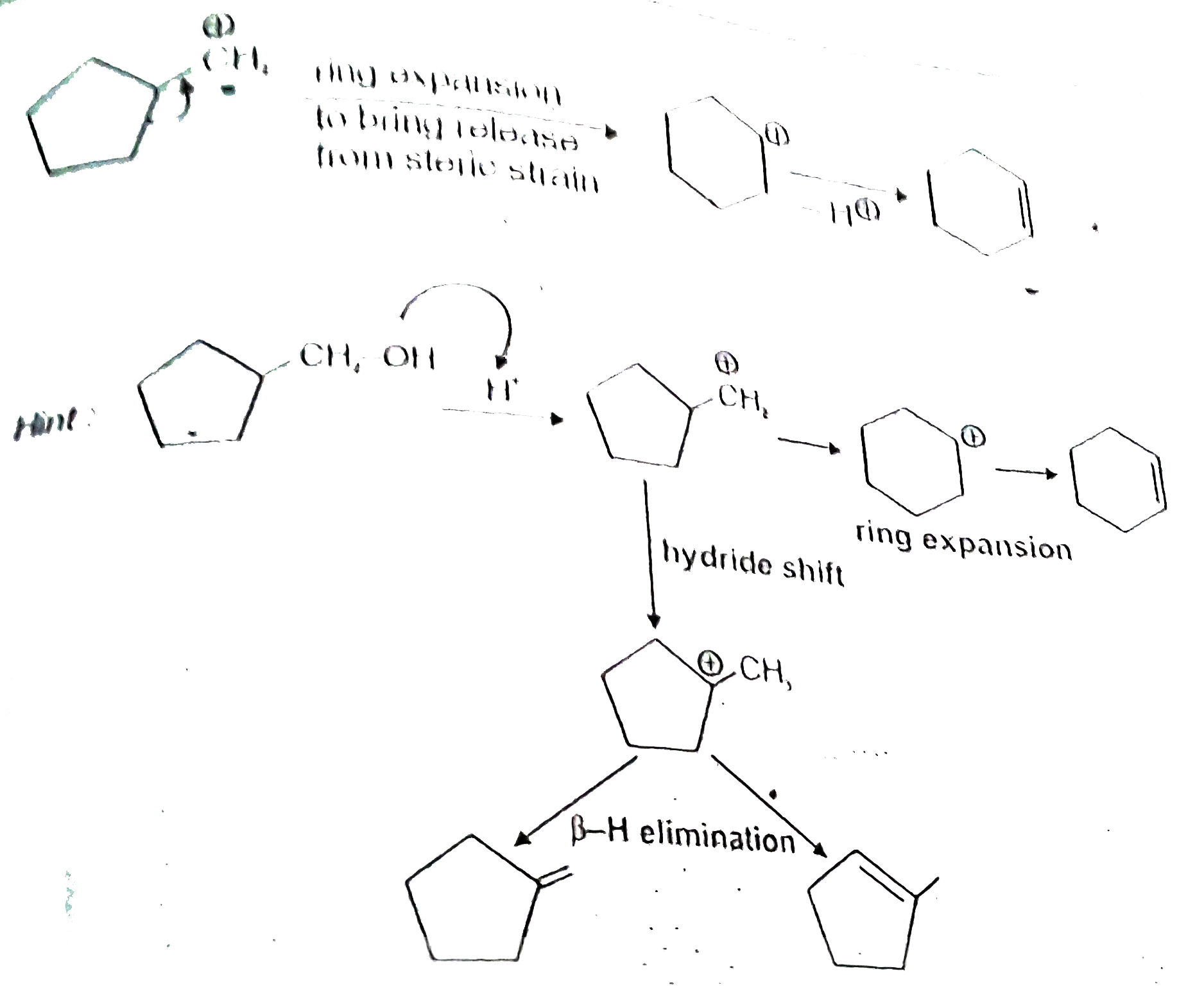Text Solution
Verified by Experts
Topper's Solved these Questions
ORGANIC CHEMISTRY: SOME BASIC PRINCIPLE AND TECHNIQUES
AAKASH INSTITUTE ENGLISH|Exercise SECTION-J AAKASH CHALLENGERS QUESTIONS|10 VideosORGANIC CHEMISTRY: SOME BASIC PRINCIPLE AND TECHNIQUES
AAKASH INSTITUTE ENGLISH|Exercise TRY YOURSELF|28 VideosORGANIC CHEMISTRY: SOME BASIC PRINCIPLE AND TECHNIQUES
AAKASH INSTITUTE ENGLISH|Exercise SECTION-H MULTIPLE TRUE-FALSE TYPE QUESTION|2 VideosORGANIC CHEMISTRY : SOME BASIC PRINCIPLES AND TECHNIQUES
AAKASH INSTITUTE ENGLISH|Exercise Assignment(Section-D)(Assertion - Reason Type Questions)|15 VideosPOLYMERS
AAKASH INSTITUTE ENGLISH|Exercise ASSIGNMENT (SECTION-D)|13 Videos
Similar Questions
Explore conceptually related problems
AAKASH INSTITUTE ENGLISH-ORGANIC CHEMISTRY: SOME BASIC PRINCIPLE AND TECHNIQUES-SECTION-I SUBJECTIVE TYPE QUESTIONS
- Rank the given species in the increasing order of water solubility
Text Solution
|
- Write the IUPAC names of the given compounds CH-=C-CH=CH-CH=CH2
Text Solution
|
- The number of possible alkynes with molecular formula C5H8 is
Text Solution
|
- HC-=CHoverset("Excess Na")rarrAoverset("Excess "CH(3)Cl)rarrB. The f...
Text Solution
|
- 'Stability of carbocations depends upon the electron releasing inducti...
Text Solution
|
- For the dehydration reaction.
Text Solution
|
- Which of the following is least stable ?
Text Solution
|
- Aromatic amines are weakly basic, whereas the below given compound is ...
Text Solution
|


